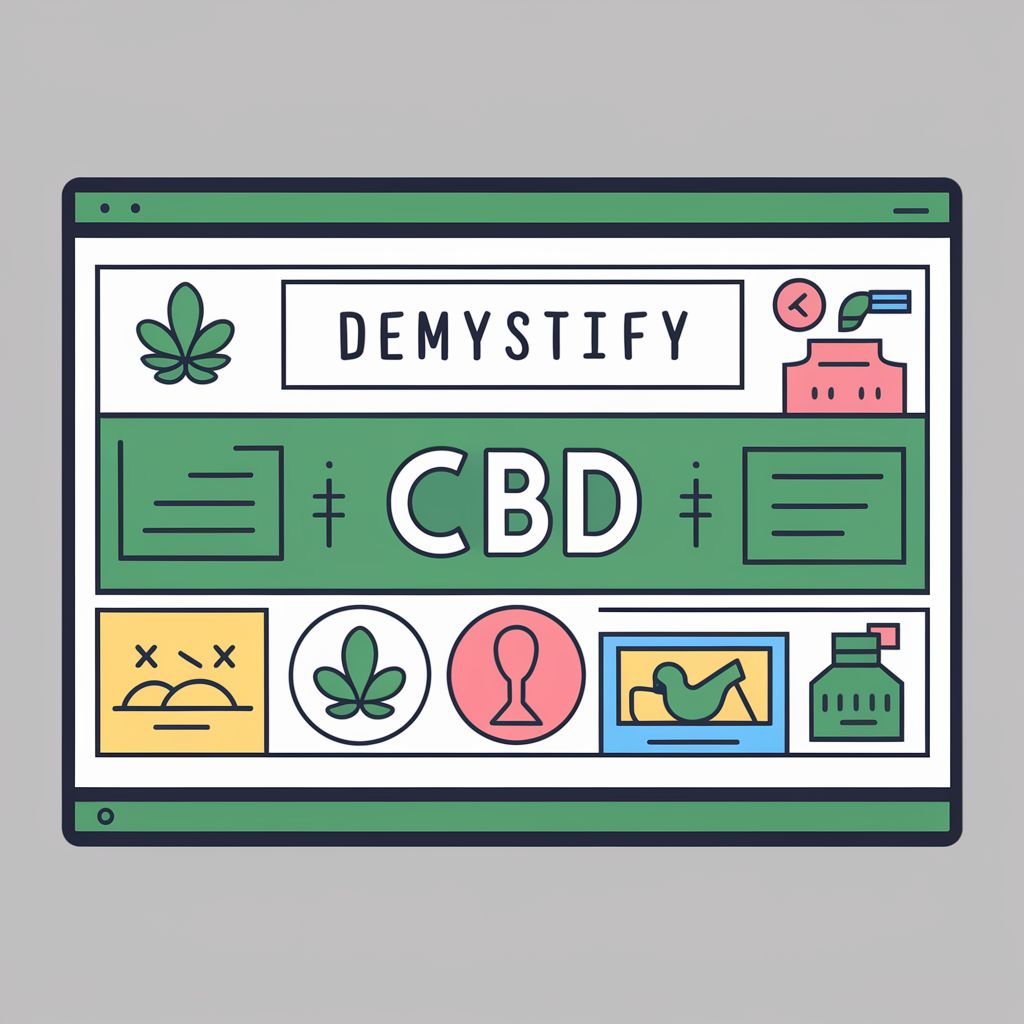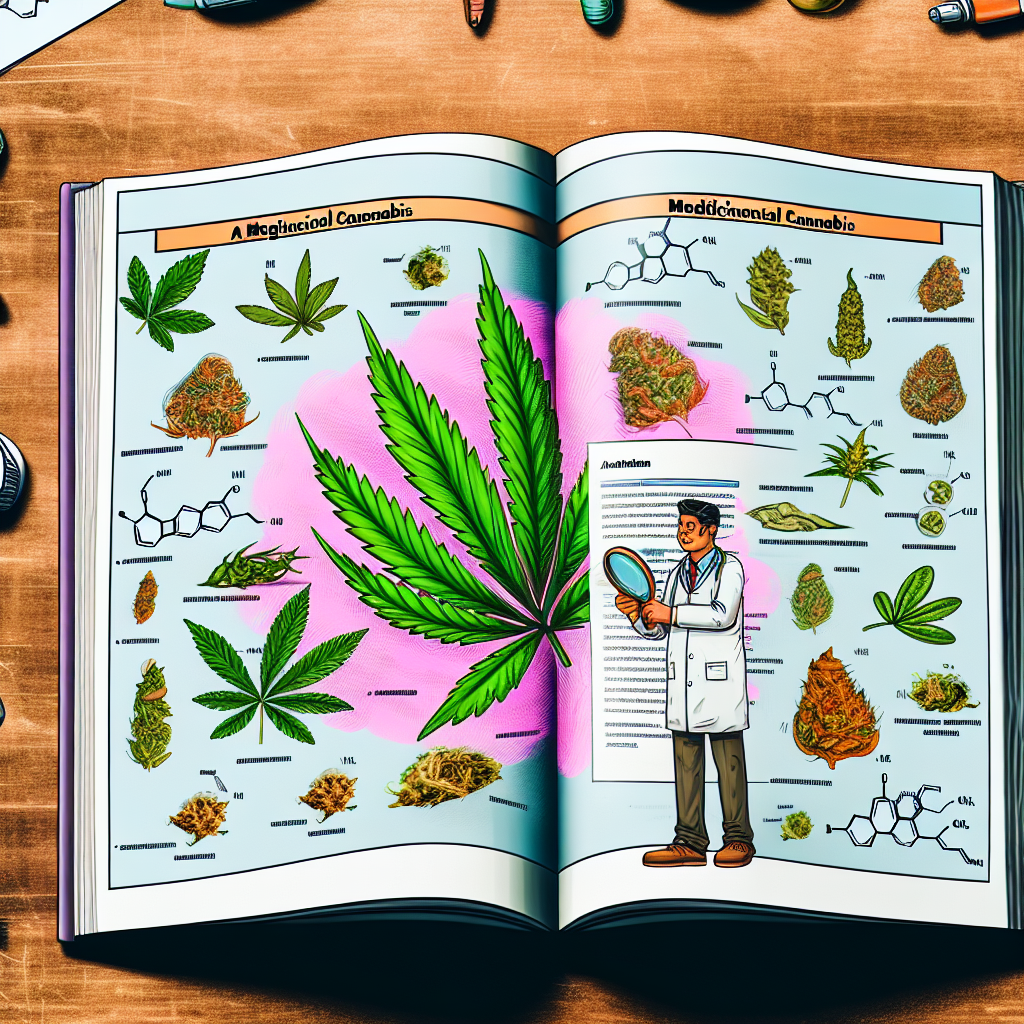The Science Behind CBD: How It Works with the Endocannabinoid System
Introduction
CBD, short for cannabidiol, has taken the wellness industry by storm. From CBD oil and gummies to skincare and pet products, this non-psychoactive cannabinoid is everywhere. But how does it work?
The answer lies in the endocannabinoid system (ECS) a powerful regulatory system that helps maintain balance in the body. In this article, we’ll break down the science behind CBD and the ECS, explaining how CBD interacts with receptors, supports wellness, and why so many people use it for pain relief, stress reduction, and improved sleep. Let’s dive into the fascinating world of CBD!
What Is the Endocannabinoid System (ECS)?
The Body’s Natural Balance Regulator
The endocannabinoid system (ECS) is a complex cell-signaling network responsible for maintaining homeostasis, or balance, in the body. It influences key functions like:
- Mood & Stress Levels
- Pain Perception
- Sleep Patterns
- Immune Response
Although it wasn’t discovered until the 1990s, scientists now recognize the ECS as a major player in overall health and well-being.
Key Components of the ECS
1. Endocannabinoids – The Body’s Own Cannabinoids
Your body naturally produces endocannabinoids, which function similarly to cannabinoids found in cannabis. The two major ones are:
- Anandamide (AEA) – Also known as the “bliss molecule,” it affects mood, emotion, and pain regulation.
- 2-Arachidonoylglycerol (2-AG) – Supports brain function and immune health.
2. Cannabinoid Receptors – CB1 & CB2
Endocannabinoids bind to receptors spread throughout the body
- CB1 Receptors – Found in the brain and central nervous system, influencing mood, memory, and motor function.
- CB2 Receptors – Located in the immune system, supporting inflammation control and immune defense.
3. Enzymes – The Cleanup Crew
Once endocannabinoids complete their task, enzymes break them down to maintain balance:
- FAAH (Fatty Acid Amide Hydrolase) – Breaks down anandamide.
- MAGL (Monoacylglycerol Lipase) – Breaks down 2-AG.
Now that we understand the ECS, let’s explore how CBD interacts with this essential system.
How CBD Interacts with the Endocannabinoid System
Unlike THC, which binds directly to cannabinoid receptors, CBD takes a more indirect approach to influencing the ECS.
1. CBD Modulates Cannabinoid Receptors
Instead of binding to CB1 and CB2 receptors like THC, CBD regulates their activity, preventing overstimulation. This means CBD doesn’t cause a high, making it ideal for those seeking therapeutic benefits without psychoactive effects.
Interestingly, CBD even acts as a negative allosteric modulator of CB1 receptors, meaning it can reduce THC’s intensity, helping prevent its unwanted effects like anxiety or paranoia.
2. CBD Inhibits Enzymes to Increase Anandamide Levels
CBD also improves the body’s natural endocannabinoid function by inhibiting FAAH, the enzyme that breaks down anandamide (the “bliss molecule”). Higher levels of anandamide may contribute to:
🔥 **Better Mood & Reduced Anxiety**
🛌 **Improved Sleep Quality**
💆 **Reduced Pain Sensitivity**
3. CBD Interacts with Non-Cannabinoid Receptors
Beyond the ECS, CBD influences other receptor systems, amplifying its wellness benefits:
- Serotonin Receptors (5-HT1A) – Linked to mood and anxiety regulation.
- TRPV1 Receptors (Vanilloid Receptors) – Associated with pain perception and body temperature regulation.
- GPR55 Receptors – Involved in blood pressure, bone density, and inflammation.
Because of these widespread interactions, CBD supports everything from stress relief to pain management.
Top Benefits of CBD Based on ECS Interaction
Thanks to its ability to support homeostasis, CBD offers a wide range of wellness benefits. Here are its top advantages:
1. Natural Pain Relief
CBD influences CB2 and TRPV1 receptors, helping reduce inflammation and chronic pain from conditions like arthritis and migraines.
2. Reduces Anxiety & Stress
By interacting with serotonin and ECS receptors, CBD promotes relaxation and calms the nervous system—ideal for those managing anxiety or stress.
3. Anti-Inflammatory Support
Since CBD interacts with CB2 receptors, it helps regulate inflammation, benefiting those with autoimmune diseases and joint pain.
4. Supports Brain & Nervous System Health
Studies suggest CBD may aid neuroprotection, potentially benefiting conditions like Alzheimer’s, Parkinson’s, and multiple sclerosis.
5. Promotes Better Sleep
CBD indirectly influences melatonin and serotonin, which help regulate healthy sleep patterns.
6. Mood Stabilization
Its impact on serotonin receptors supports emotional balance, making CBD useful for those with depression or mood swings.
7. Improves Digestive & Gut Health
CBD interaction with CB2 receptors helps promote a healthy digestive system, supporting conditions like IBS.
8. Boosts Immune System Function
By regulating immune overactivity, CBD may offer benefits for autoimmune and inflammatory disorders.
9. Cardiovascular Health Benefits
CBD has been linked to lower blood pressure and reduced inflammation, supporting heart health.
10. Enhances Skin Health
CBD’s anti-inflammatory and oil-balancing properties are beneficial for acne, eczema, and general skin health.
To find the perfect product for your needs, click the button below and unlock a big discount to kickstart your journey to a more balanced and natural life!
Final Thoughts: Why CBD Works So Well with the ECS
CBD and the endocannabinoid system work together to maintain balance and wellness. By optimizing neurotransmitter levels, reducing inflammation, and supporting brain function, CBD is an all-natural solution for a variety of health concerns.
At Safety Zone CBD, we’re committed to providing high-quality, lab-tested CBD products to help you unlock your body’s full potential. Whether you’re looking for stress relief, pain management, or improved sleep, CBD may be the natural solution you’ve been searching for.
🌿 Want to learn more? Check out our CBD collection here
Got questions about CBD? Drop them in the comments—we love geeking out about this stuff! 😃
—
Frequently Asked Questions (FAQ)
✅ Does CBD make you high?
No! Unlike THC, CBD does not bind directly to CB1 receptors and **does not cause psychoactive effects.
✅ How long does it take for CBD to work?
This depends on dosage and consumption method. CBD oils and tinctures can take 15-45 minutes, while edibles may take 1-2 hours.
✅ Is CBD safe?
Yes! CBD is generally well-tolerated, but it’s always best to consult a healthcare provider before starting a new supplement.
✅ How do I choose the best CBD product?
Look for third-party lab-tested products and check for quality ingredients. Avoid CBD products with additives, artificial flavors, or contaminants.
Disclaimer: This article is for informational purposes only and does not constitute medical advice. Consult a healthcare professional before using CBD.




